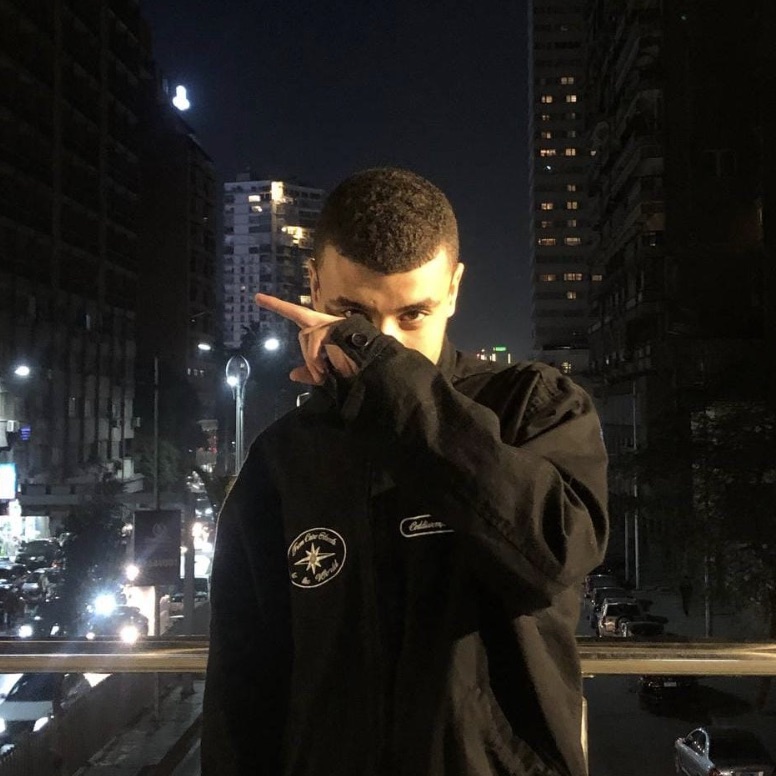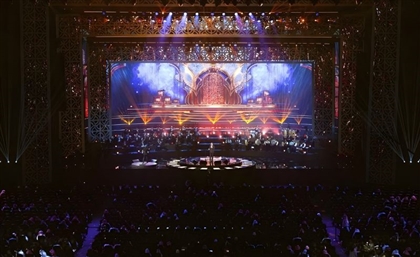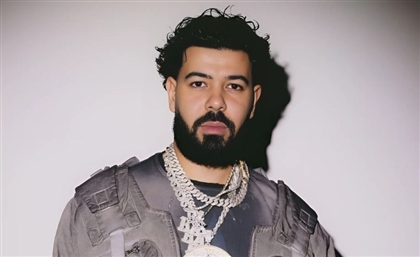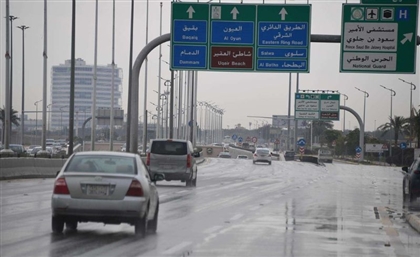In Context: Marwan Pablo - Catch Me If You Can
The Houdini of Egyptian rap has retired whilst on top of the game multiple times. Ahead of his latest comeback, SceneNoise contributor Omar Ghonem gives us a timeline of the rapper's biggest moments.
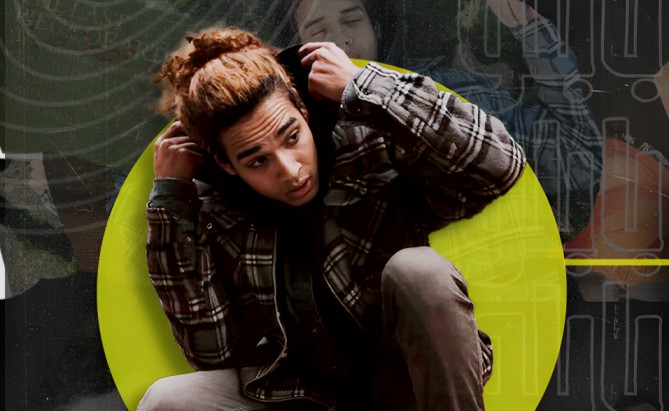
Marwan Pablo's career was and still is an interesting case for contemplation in the Egyptian rap scene. He has never been available on a consistent and continuous basis since his early beginnings under the name Dama. During his time as Dama, he released a good number of tracks that gained him relative fame among core hip-hop fans, before he announced that he’s stepping up from music at the end of 2017.
That era cannot be ignored if we wanted to take a deep look at Pablo’s career. In his Dama days, he was at his peak in terms of releases and experimentation as well. He showed great potential and a different approach that is heavily influenced by the psychedelic trap scene in the US. In an interview with Ma’an Abu Taleb for Ma3azef in 2016, Dama said that he was influenced by the likes of Kanye West, Young Thug and Travis Scott, and these influences were clear through his music. At the time, the Egyptian rap scene was very strict when it came to diversity and experimentation, and was limited only to attempts by ZULI and Abyusif. But a youngster from El Hadara who had a PC and a notebook wrote his raps and experimented with his sound till he gained a respectable reputation among his peers.
Shortly after he announced that he is stopping his project as Dama, he came back in the beginning of 2018 under the name ‘Marwan Pablo’, revealing a new layer of his personality; one that was more mature in terms of style, writing and technical ability, while showing a big jump in production quality. He came back with the song, ‘El Gholaf/Osiris’, which was a mixture of early Dama days and the new, more evolved persona of Pablo. His return was inspiring and motivating to the Egyptian rap scene, and was the launch of an exceptional career packed with one hit after another.
His release strategy was slow but efficient as he says in his track 'Folklor’: “بتأني ومش بجريها”. Pablo only released three songs in the same year after El Gholaf, which were ‘3ayz Fen’, ‘Ezbet El Game3’ and ‘Folklor’.
At the same time, fellow rapper Wegz was the closest name to Pablo. The two rose from Alexandria to the top of the Egyptian rap scene. They collaborated on the song ‘Daira 3al Masla7a’, one of the iconic songs to come out of that period, which later caused problems between the two. The pair kept trying to outperform one another and take the lead. There were, of course, other names at that time like Marwan Moussa, Lege-Cy and Ali Weezy, but the race for the top spot was firmly between Pablo and Wegz.
That era was the most important and influential and shaped how the hip-hop scene will look like in the years to come, especially since the beginning of 2019. In that year Pablo went on a streak of hit releases, starting from ‘Sindbad’ where he anticipated his takeover of the scene by the end of that year, followed by ‘Abu Mecca’ where we saw him for the first time rapping on another producer’s beat in a collab with DJ Totti. Afterwards, he collaborated with Molotof in a series of the tracks that changed the sphere of the hip hop scene as we know it, from ‘Kaas’ to ‘El Gemeza’ and ‘Geb Flos’; they were the hottest rapper/producer duo in the scene.
On the other hand, Wegz released approximately 22 tracks in the same year. He had a different philosophy; he wanted to be more widespread and was also more experimental than Pablo, but Pablo’s releases were more tight and mastered. Pablo ended that run with the release of his track ‘Free’, which achieved a resounding success and marked the end of a chapter in his career. Not so long after, he surprised everyone in an Instagram story announcing his retirement and brought down the curtains on a career filled with groundbreaking releases that influenced and changed the entire rap scene and pushed it to new horizons.
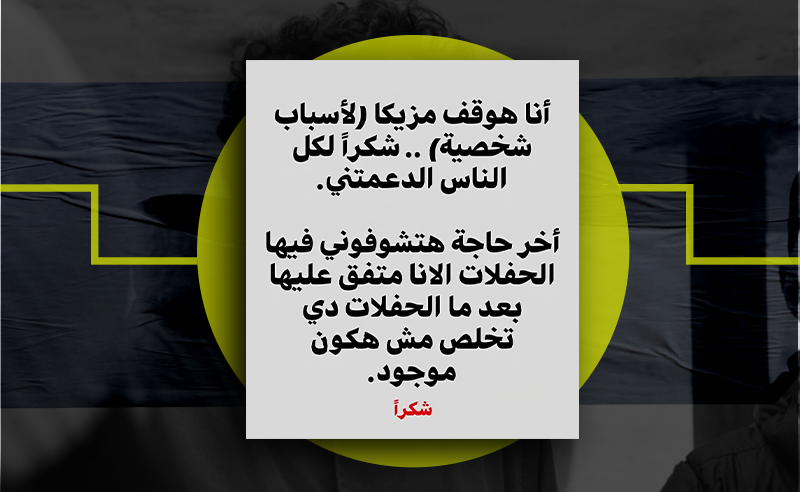 During his retirement, Pablo’s peers went on to take further, more divergent paths, with Wegz going into a more pop-friendly sound while others embraced the aesthetics of the scene and experimented with it, bringing new names like Mousv to light. In that time the rap scene in Egypt gained a huge popularity after the explosion of the Trap-Sha'abi wave that was popularized by Pablo and Wegz and producers like Molotof and Wezza Montasser, with releases like ‘El Gemeza’, ‘Geb Flos’ and ‘Laqta’.
During his retirement, Pablo’s peers went on to take further, more divergent paths, with Wegz going into a more pop-friendly sound while others embraced the aesthetics of the scene and experimented with it, bringing new names like Mousv to light. In that time the rap scene in Egypt gained a huge popularity after the explosion of the Trap-Sha'abi wave that was popularized by Pablo and Wegz and producers like Molotof and Wezza Montasser, with releases like ‘El Gemeza’, ‘Geb Flos’ and ‘Laqta’.
I remember that the rap fans did not get over Pablo’s retirement throughout that period. There was always anticipation for an uncertain return. Everyone was waiting for a continuation. It was like watching a movie whose plot had reached its climax and then out of nowhere a black screen appeared without an ending. Perhaps Marwan’s inner struggles were stronger than his motives to continue, and perhaps it was a marketing strategy, as some say.
Pablo's leaks were scattered on the internet, including the track ‘Merry’, which is one of his strongest tracks, although it had not yet been released officially. Molotof also released two tracks with Pablo without the latter's approval. He had recorded them before his retirement, which led to a problem between them and the untimely end of the duo as well.
At the beginning of 2021, Pablo’s YouTube channel returned, and rumors were spread across the internet about a possible return, which were later confirmed with the release of his single ‘Ghaba’. The track saw Pablo in a similar aesthetic to his first return with ‘El Gholaf’ in terms of lyrical themes and production elements. He followed ‘Ghaba’ with an EP, ‘CTRL’, which included five tracks, one of which - ‘Atary’ - was already released previously. The mini album saw Pablo taking a different direction to what was happening in the scene at the time. It was diverse in terms of production choices with drill beats on the title track ‘CTRL’, and more experimental sounds in ‘Don’ produced by Hady Moamer. The majority of the EP was produced, mixed and mastered by Pablo, and it suffered in terms of audio quality. The EP was of a higher quality than its lead single, and from an objective perspective, it was worth the wait, but It seemed that this state of disappointment had taken hold among the fans due to the extremely high expectations set by his disappearances.
Pablo disappeared again in a state that his fans were accustomed to, and it became his most obvious characteristic, perhaps overshadowing the music itself at times. He then returned with the track ‘Barbary’, where he throws shade at the scene - a familiar theme since his comeback. But ‘Barbary’ was more of an advertisement for his upcoming album, and the audience was in anticipation after the release of ‘Racore’ and ‘El Halal’. However, the album has not been released to this day after more than a year and a half. Pablo finally returned with a track called ‘Lelly Yah’ produced by Mohaimen earlier this year, and after months of silence, on September 23rd, he took to Instagram to announce he's dropping the album ‘The Last Piece of Art’ "sooner than we think"... which might just be the longest album rollout in the scene’s history.
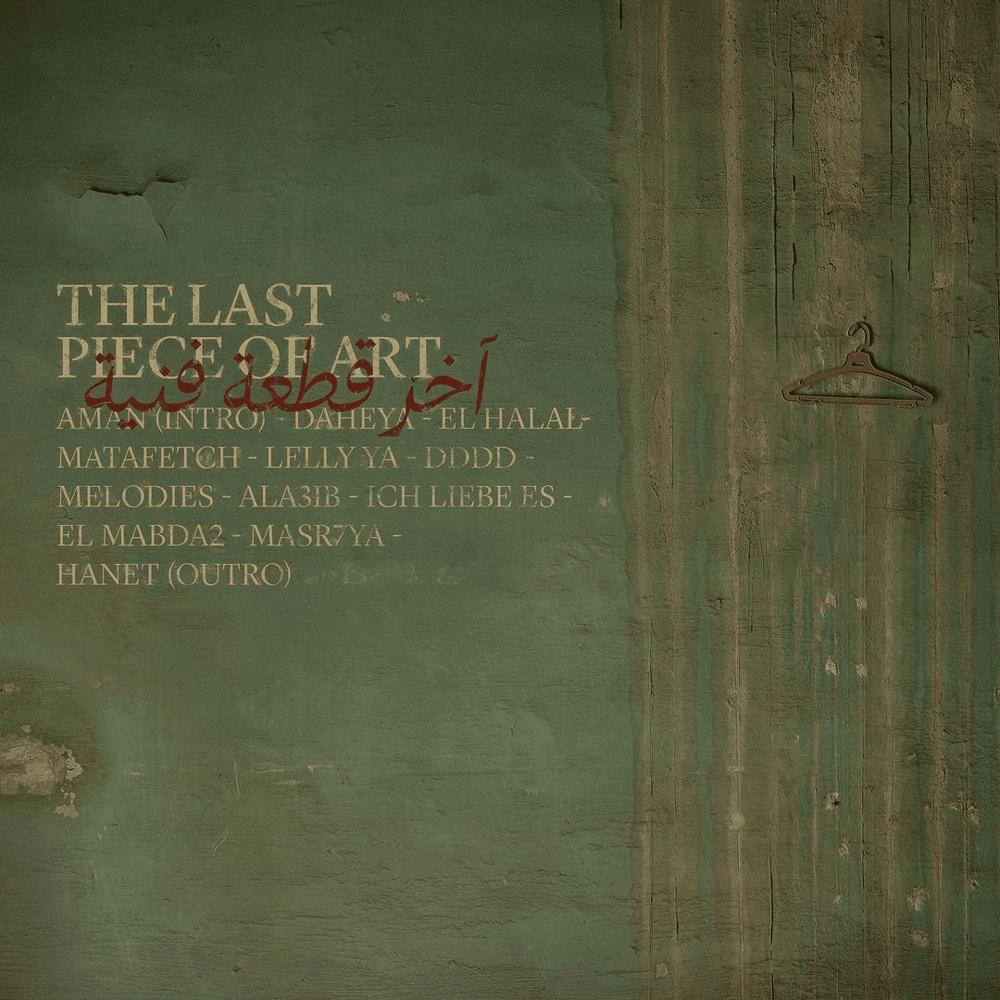 Pablo still enjoys his position at the top, even after the major change in the nature of the scene, and even if he was not present enough, Pablo's success and influence are undoubtedly clear. But his erratic path and pattern of repeated disappearances have lost him significance. Since his return, we only see him diminishing in the space that he created for himself before his retirement. After all is said and done, his next album may come to either strengthen his position in the scene, or prove that what happened before his retirement was not the rule but the exception.
Pablo still enjoys his position at the top, even after the major change in the nature of the scene, and even if he was not present enough, Pablo's success and influence are undoubtedly clear. But his erratic path and pattern of repeated disappearances have lost him significance. Since his return, we only see him diminishing in the space that he created for himself before his retirement. After all is said and done, his next album may come to either strengthen his position in the scene, or prove that what happened before his retirement was not the rule but the exception.
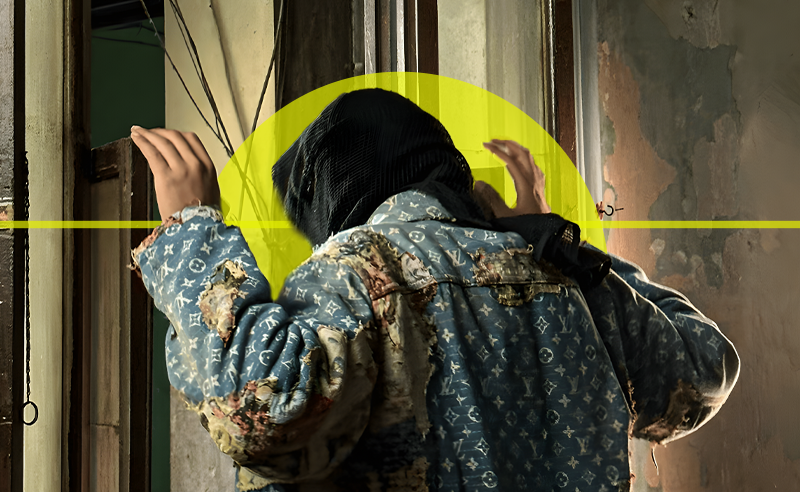
- Previous Article Italian-Palestinian Duo No Input Debuts Eponymous Electro EP
- Next Article Egyptian Embassies Around the World







